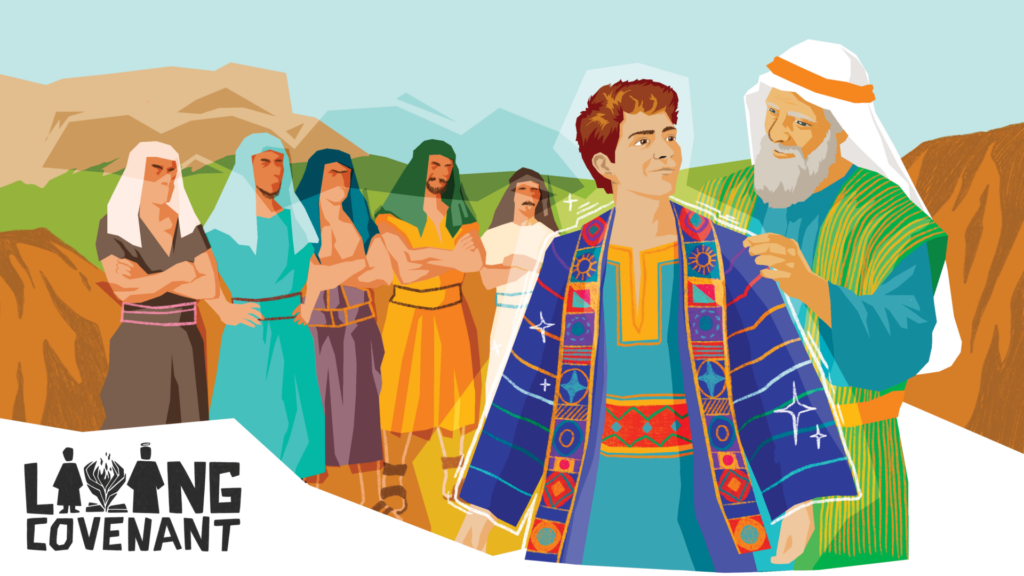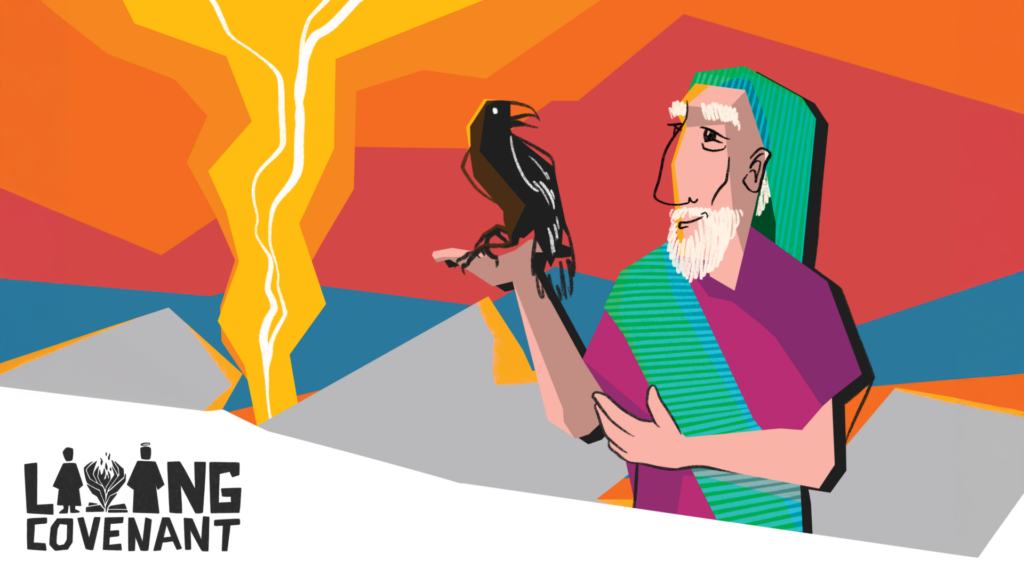The term “dark night of the soul”, coined by 16th century Spanish poet and mystic John of the Cross, has entered the vernacular to mean an especially difficult or intense period of challenge, trial or stressor. Often accompanied by a sort of internal depression or doubt, it can also mean a crisis of spiritual faith.
Psychologist John Schumaker describes a mental condition called demoralisation: “an overarching psycho-spiritual crisis in which victims feel generally disoriented and unable to locate meaning, purpose or sources of need fulfilment.”
It seems Elijah suffered from such a condition after his flight from Jezebel. He experiences the heights of the mountain top on Mount Carmel—his prayers vindicated when God shows up—before plummeting into burnout under the broom bush and hiding in a cave. After seeing God manifest fire from heaven and expecting evil to be overcome, when his expectations are not met, he demands God take his life.
While perhaps we don’t all suffer quite as severely as Elijah did, I know I’ve had a number of challenging seasons in my life. I expect you’ve experienced the same.
Many authors and thinkers have identified this “dark night” as a part of the cycle of growth and transformation in life.
Peter Scazzero in Emotionally Healthy Spirituality talks about “the wall”. The wall is a challenge we hit in a cycle or season of life that presents us with a choice. If we choose to stay on the side of the wall we are already on, without crossing over or pushing through, we risk emotional and spiritual stagnation. Likewise, if we avoid the darkness or pretend it doesn’t exist by covering it with platitudes or running away from the issues we face, we can become trapped at the level of life experience and maturity we had attained before the encounter with darkness.
As Christians, we are not called to avoid all difficulty, nor are we promised a smooth and easy ride.
Jesus predicts that those who choose to follow Him will encounter trials. “In this world you will have trouble. But take heart! I have overcome the world” (John 16:33). He proclaims that those who follow Him must deny themselves, take up their cross and follow Him (see Matthew 16:24–26). Jesus’ road led Him through the darkness of Good Friday and Easter Sabbath, before Resurrection Sunday. He suffered humiliation and pain but did not shy away from the task. Today, He calls us to bear our suffering with the same humility and hope.
Back to Elijah’s dark night, and I’m interested in God’s reaction. God sends an angel to minister to Elijah, who prescribes a nap and a couple of meals. When Elijah reaches the mountain, God asks a question that gives Elijah the opportunity to lament. After an earthquake, wind and fire, God speaks to Elijah in a still small voice and then asks His question again. Elijah gives the same lament and God responds by not answering Elijah’s question directly. He gives Elijah more instructions, another job to do. Is this callous? We might expect some affirmation on the job already done. Maybe some soft handling, a holiday or bonus—even retirement. In this case, God gives Elijah his next tasks.
Elijah’s focus is directed to the future, to next steps, to God’s plan and God’s control. Elijah was focused on the present threat to his life and the past triumph that didn’t seem to have made any difference to the state of play. It was discouraging that nothing had changed. God refocuses Elijah on his next steps. And then He does give Elijah something encouraging: “Yet I reserve seven thousand in Israel—all whose knees have not bowed down to Baal and whose mouths have not kissed him” (1 Kings 19:18).
Like Elijah, sometimes the answer to the existential questions that come in our own dark nights are answered by shifting our focus to God. If we can’t do it, God helps us to remove our fixed point from problems and threats, onto His provision and sovereignty. The dark night is never easy, but in my experience, hope does come in the morning.






